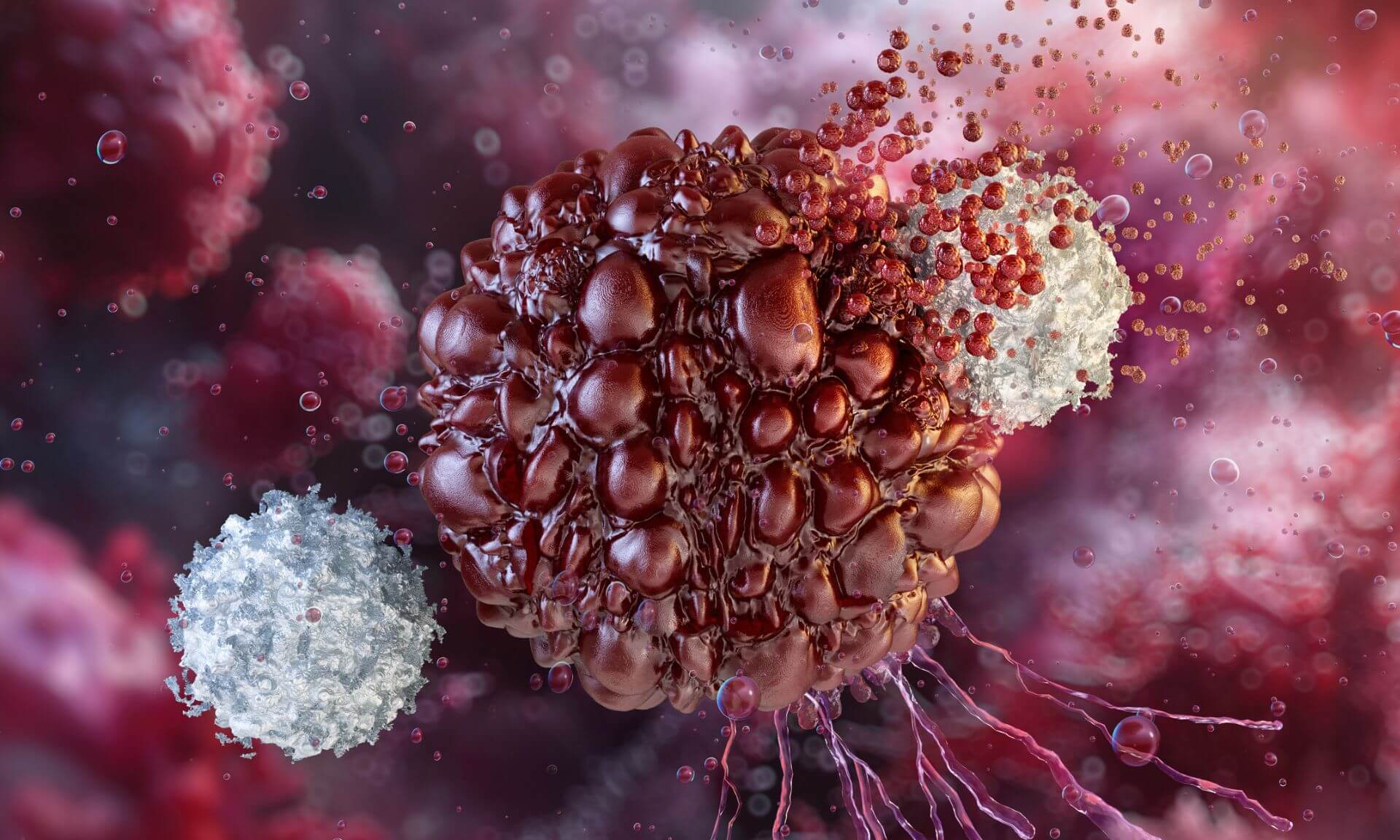Getting the body to function properly


Hormonal balance is critical to the proper functioning of the human body. Disruption of this balance, however, can cause numerous health problems, such as metabolic syndrome and obesity.
Now a new international study led by scientists at the Institut de recherches cliniques de Montréal (IRCM), affiliated with Université de Montreal, sheds light on an important element of the mechanisms underlying this balance.
‘’We want to understand how the exchange of signals between cells modulates gene expression, and how their disruption causes disease,’’ said the study’s lead author Jacques Drouin, director the IRCM’s molecular genetics research unit.
The pituitary gland is central to maintaining a person’s hormonal balance, as it produces the main hormones that control the other glands. In the pituitary, the various hormone-producing cells communicate with each other via dedicated ligands and receptors to balance the production of different hormones.
Little is known about these ligands, however, and it is precisely one of them that Drouin – a professor in UdeM’s Department of Biochemistry – identified in his laboratory at the IRCM as part of the study.
French and British scientists involved
Published in Proceedings of the (U.S.) National Academy of Sciences, the multi-disciplinary study also involved researchers from France (Institut de génomique fonctionnelle, Montpellier) and the U.K. (University of Edinburgh and University of Oxford).
They helped Drouin’s team discover a communications mechanism between two cell types within the pituitary gland, finding that pituitary cells that regulate stress “talk” to neighbouring cells that secrete growth hormone.
The scientists found that this FGF1-mediated communication is critical for normal growth, because this factor controls the number and function of growth hormone-producing cells. The researchers found that this FGF1-mediated communication is critical for normal growth, because this factor controls the number and function of growth hormone-producing cells.
The study illustrates the functional importance of inter-cellular signal exchanges, but it's only the beginning, the researchers believe; there are many others, especially exchanges between hormone-producing cells and their progenitors.
The balance between all these cells is the basis of a harmonious organism.



